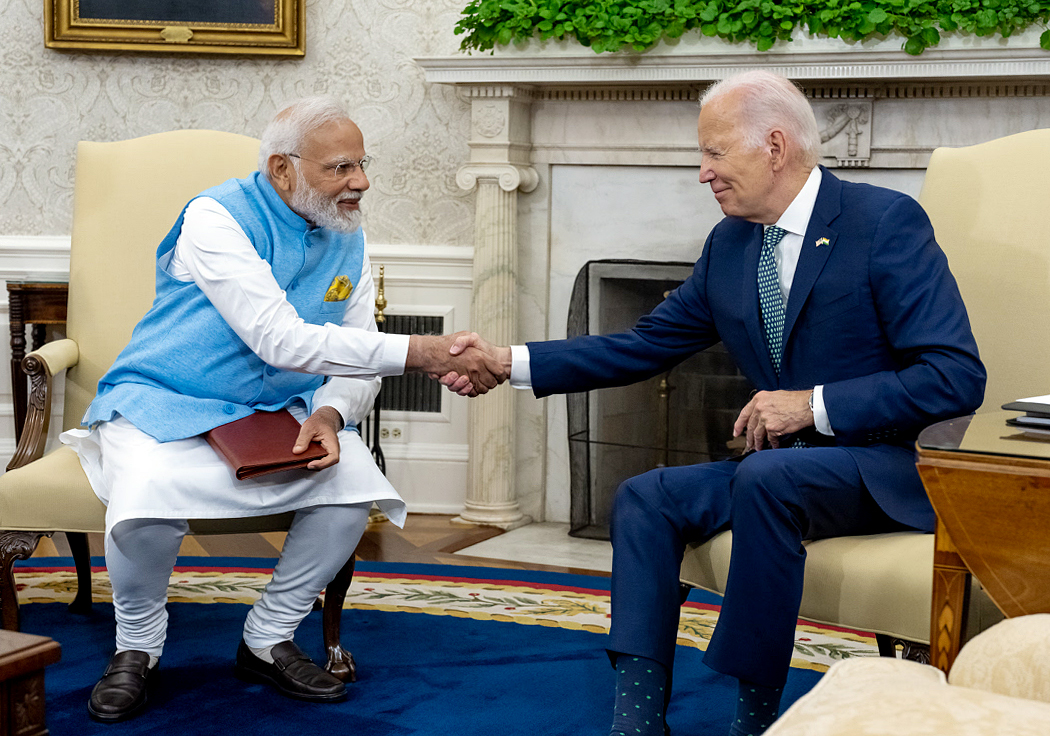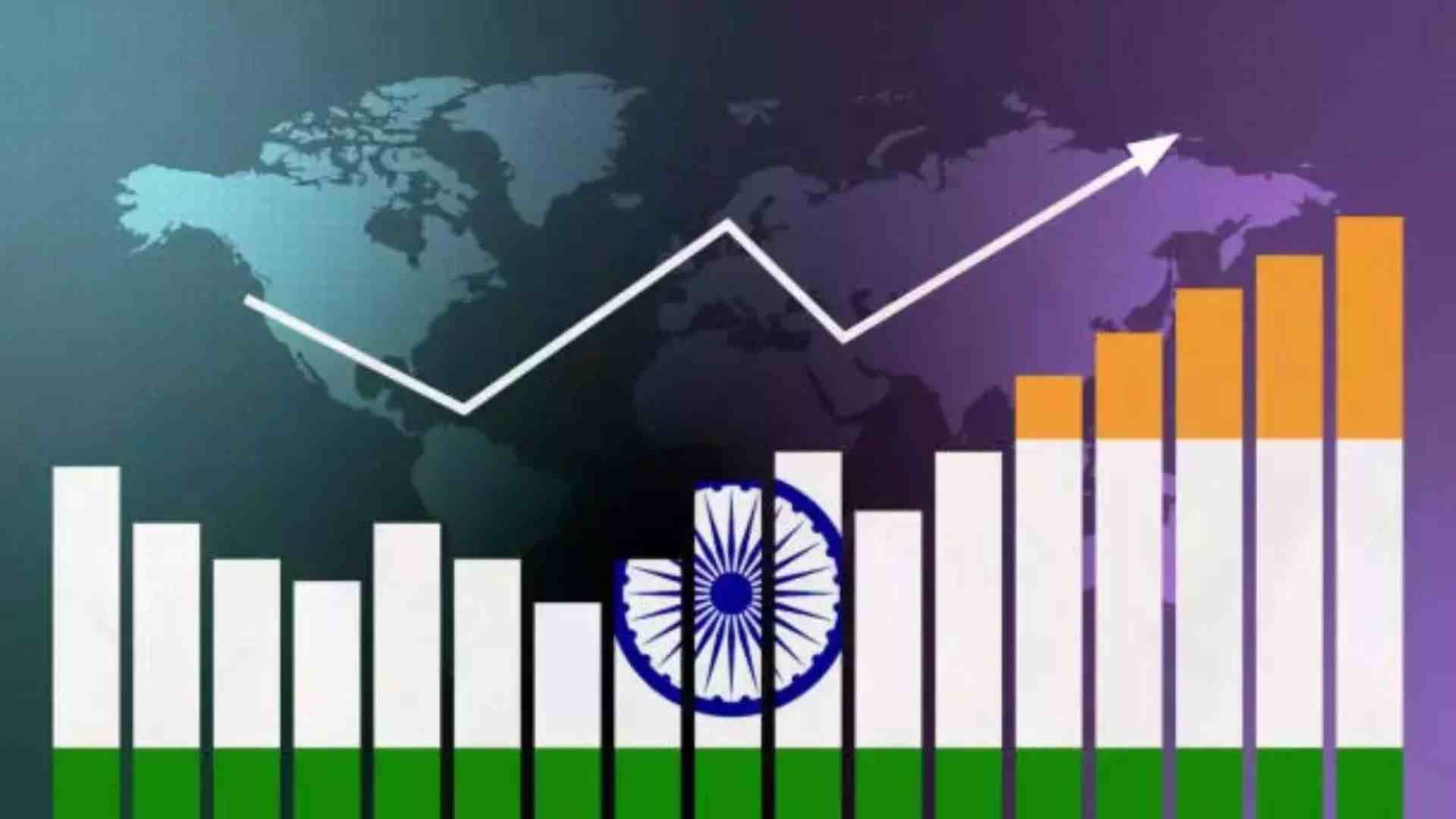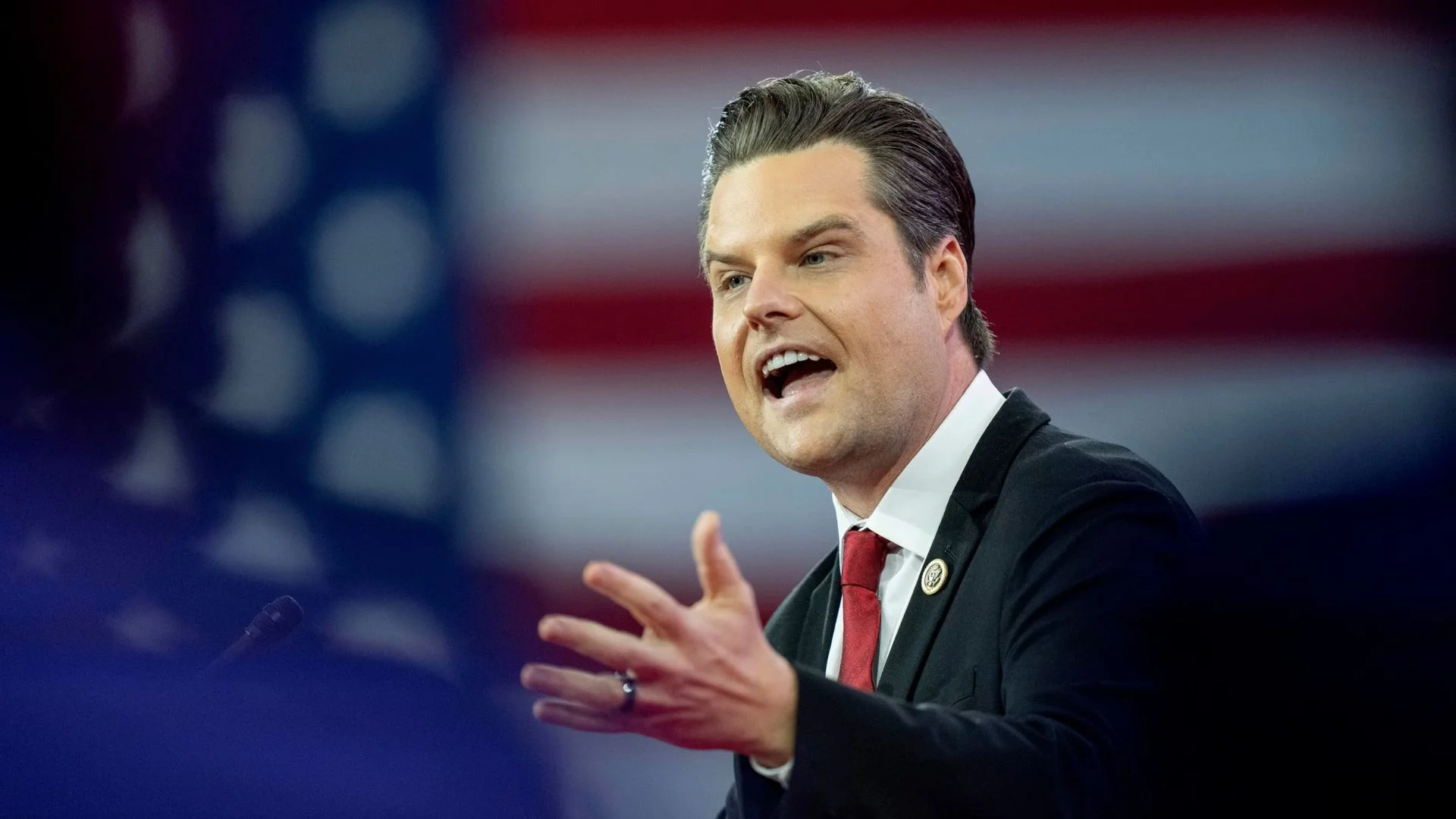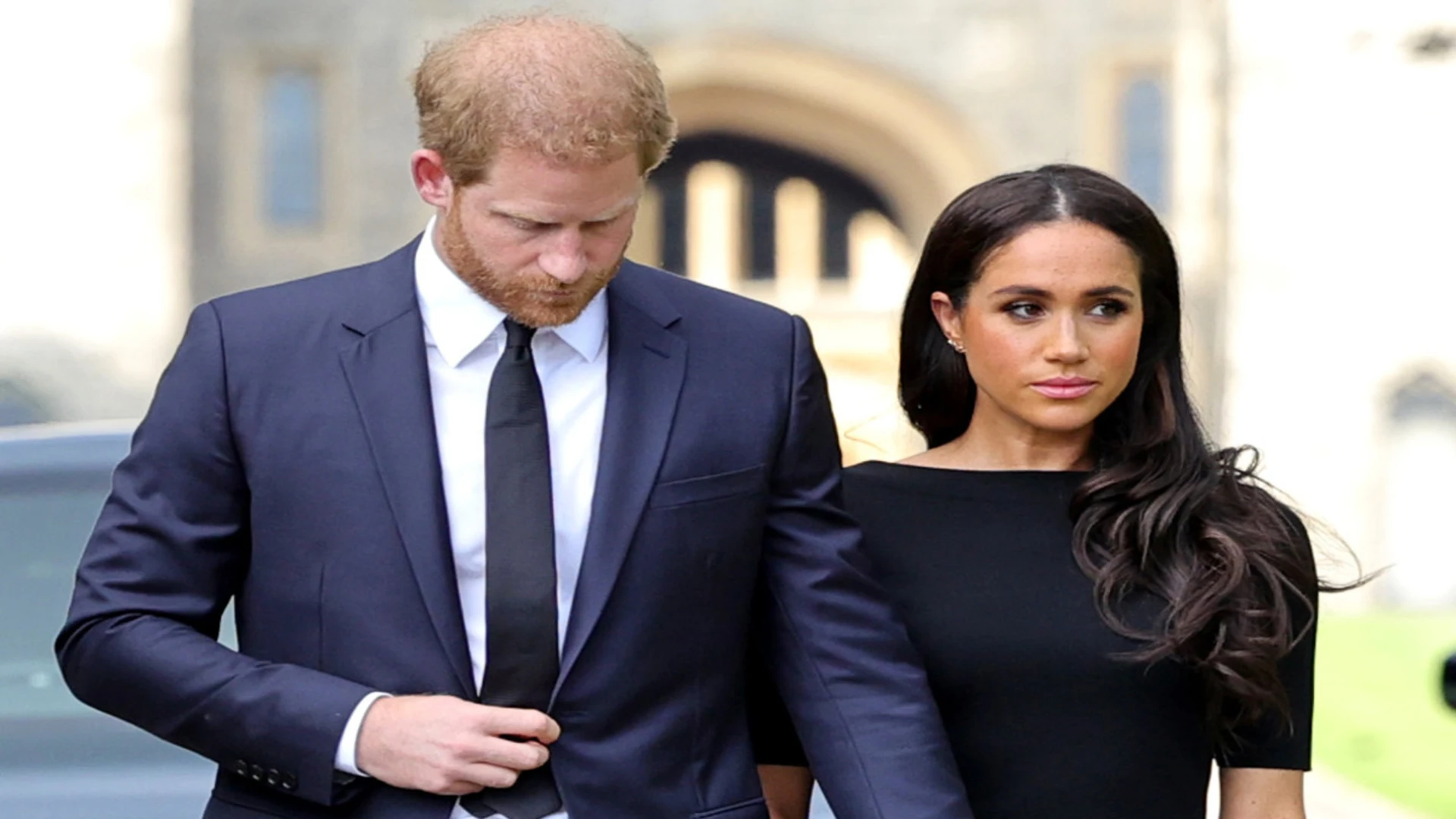
To say that not all the press around Prime Minister Narendra Modi’s recent State visit to Washington was kind would be an understatement. “Politico” recently called him an “autocratic leaning Hindu nationalist” who abuses human rights, a sentiment which was echoed by progressive US lawmakers. Yet, the Biden administration adopted a “golden mean” approach during the visit, recognizing India’s geopolitical importance, especially as a counterweight to China’s growing influence in Asia. Human rights concerns are raised in private if at all, while pressing strategic and urgent security issues are prioritized. PM Modi’s visit showcased the fundamental tension between the ideal and the real. Principles of human dignity and democratic freedoms are the most fundamental building blocks of society in the eyes of Western leaders and especially for a Democratic president like Joe Biden. In a perfect world, they would be treated as sacrosanct not just in spirit but in action. However, this concept faces a wall of challenges—from the brutal war in Ukraine—not even the deadliest conflict of the last year—to global economic challenges, inflation and the rise of protectionism as nations seek to fulfil their primary obligation—taking care of their citizens.
The Biden administration wisely chose to recognize this reality, and despite the criticism of Modi, nevertheless signed with his government a flurry of deals and investments in a variety of areas including visas, semiconductors, trade, critical minerals, and solar energy. This lavish State visit is a far cry from when the United States denied a visa to Modi for enabling “severe violations of religious freedoms”. Now, however, issues like China and geostrategic interests weigh heavier in the mind of policymakers, heavier than concerns over freedom of the press in India.
Bangladesh would do well to learn from this visit. Just like India, Bangladesh receives its fair share of criticism from governments and activists alike about the alleged erosion of its democracy. No matter how flawed, it is worth remembering that Bangladesh, like India, remains, in the end, a democracy. And a large one at that with a population of nearly 170 million people.
Bangladesh is also a geopolitical asset like India and a rising power within the Global South. Given its size and growth, it will inevitably play a role in critical regional issues such as great power competition, global supply chains and environmental challenges. Bangladesh must embrace its importance and use it as a means of pragmatically engaging the U.S. Just like with India, criticism, no matter how well-deserved, is best saved for behind closed doors. Given this reality, the Biden administration should promote similar joint ventures with Bangladesh as those which were signed with Modi. Previous bilateral cooperation has already spanned many issues, including tackling climate change, the provision of Covid vaccines, trade, and even security ties. But these can be expanded, and one good place to begin would be by incorporating Bangladesh into the United States’ Indo-Pacific Strategy, reciprocating recent overtures from Dhaka. The engagement of Bangladesh with the US can in return also increase the strategic significance of the Bay of Bengal region with countries like India looking to build more partnerships eastwards to counter the Chinese hegemony in the region.
Yes, there are differences between the two countries. India’s sheer size inherently makes it a more powerful geopolitical actor. The United States has had contentious differences with both countries over everything from climate change to the war in Ukraine. However, if the Biden administration seeks to inject even a modicum of realpolitik into its Asia policy, then that policy must include both India and Bangladesh.
This is also not to say that human rights and democratic values are unimportant. Quite the opposite. However, these issues are one facet of what must be a multi-dimensional foreign policy approach, and under the current volatile circumstances, geostrategic concerns are deemed to be more urgent than anyone disputes over democratic norms. If in India (amongst others) differences are addressed in private, there is no reason why Bangladesh should be any exception to this rule. Bangladesh is at a pivotal moment, with elections coming up in January of next year. The United States and indeed the Western world should take steps to ensure that these elections are free and fair. A good first start was US Secretary of State Antony Blinken’s recent visa policy, warning against voting irregularities and urging all parties to behave responsibly in the upcoming elections. Peaceful, non-violent elections will make it easier for Western countries to further develop economic, trade and political relations with Bangladesh. Chaos and violence after elections will breed instability that will drive potential investors away.
Regardless of the outcome, however, it is worth remembering that the potential of the Bangladeshi people, its economic growth, and its geopolitical clout remain largely untapped. When determining its priorities in South Asia, the West should consider the broader geostrategic picture, and earnestly engage Bangladesh on pragmatic issues of mutual concern.
Ratnadeep Chakraborty is the co-founder of an independent media company that covers the spheres of strategic affairs called The Honest Critique. He is also the host of the podcast series, Line of Truth, and writes on issues and developments in South Asia, particularly on the Af-Pak region.















